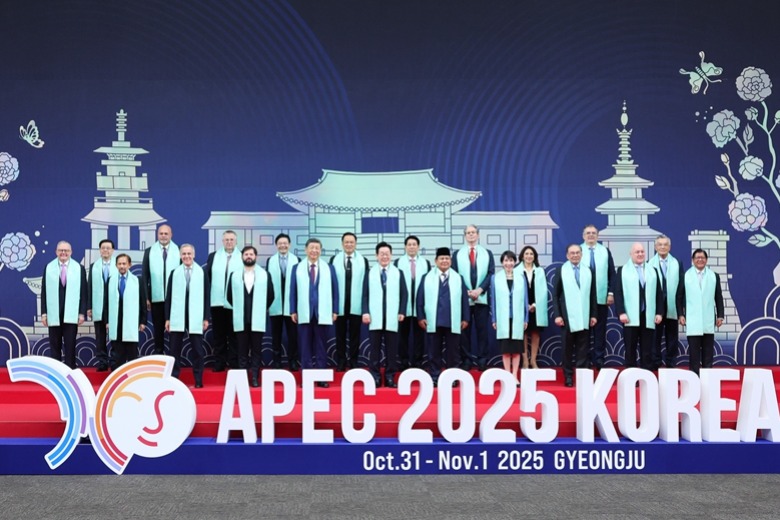Fight against corruption makes China different


When I first walked into offices in Beijing more than a decade ago, I noticed something quite unique. Meetings concluded in half the expected time, and the receptions were much more basic than the lavish banquets I had heard of.
Initially, I thought these were just small modifications in etiquette or work culture. But the more time I spent in China, the more I realized that these seemingly small changes indicated something much deeper. They were the tangible effects of the eight-point decision on improving Party and government conduct, which the Communist Party of China Central Committee unveiled in 2012.
The eight-point decision was put forward to eradicate extravagance, formalism, corruption and bureaucratism in the Party ranks. In the more than 10 years since the implementation of the decision, the results are more than evident. This shows the eight-point decision is not just a set of new rules; it is a cultural shift in governance. Officials today are more easily accessible and pragmatic, and public funds are being used with much more care.
During my visit, I noticed that the atmosphere had changed, with less formalism, fewer empty speeches, and simpler ceremonies than before. What I saw was a new sense of discipline and responsibility. My interactions with local authorities and institution officials focused entirely on work, not on appearances.
There is a deep logic behind these measures to improve governance. The CPC has repeatedly stressed the need for "self-correction", acknowledging that a ruling party cannot depend solely on external checks and balances. The eight-point decision is a part of this continuous self-correction, closely associated with the broader anti-corruption campaigns and institutional reforms. Together, they ensure power is exercised for the right causes and the Party remains responsive to society.
I also saw the wider impact of the decision on Chinese society. People were quick to notice the difference. Less expensive banquets meant more resources available to meet the people's needs, and a simpler, more practical approach to governance has boosted the trust between the people and their representatives. I often heard locals talk about how these changes made the government appear more trustworthy, serious and attentive to people's problems. What impressed me most was that people agreed that their leaders were focusing on real problems.
In contrast to my experience elsewhere, I saw China turning a new leaf in people-centered governance. In some political systems, anti-corruption measures often fade away after a short campaign or become a mere show in the public's eyes.

While in other countries, formalism and bureaucratism are accepted as normal but lead to a serious waste of resources and weaken people's trust in the government, in China the eight-point decision signalled the Party's firm resolve to reform the governance system and discipline the officials. For a party like the CPC which has been governing a country with a huge population for 76 years, eradicating these problems is critical because they are not just peripheral issues but existential concerns. If officials spend too much time on formalism, the government would lose efficacy and the people's trust. By taking measures to eradicate these problems, the Party will only strengthen its ability to govern the country.
What during my first visit to China appeared to be small things, such as shorter meetings and modest receptions, have now become more significant. They demonstrate the Party's ability to evolve, to improve itself, and to stay close to the people it serves.
As China progresses through the 14th Five-Year Plan (2021-25) and prepares to implement the 15th Five-Year Plan (2026-30), the governance challenges will become more complicated. To address those changes, China will need to advance Chinese modernization with more social equity, overcome global uncertainties, and expedite domestic reforms.
While witnessing these changes, I was reminded of the fact that true governance is not about appearances but about adaptability, discipline and credibility. The eight-point decision is a classic example of how reform, when pursued with determination, can improve governance and benefit society.
The author is executive director of Pakistan Research Center for a Community with Shared Future, Islamabad.
The views don't necessarily reflect those of China Daily.
Today's Top News
- China's commitment to Asia-Pacific shared prosperity highlighted at APEC gatherings
- Xi extends congratulations to Egyptian president on Grand Egyptian Museum opening
- China protests Japan PM's meeting with Taiwan official at APEC
- First-ever cross-boundary torch relay held for National Games
- China lodges stern representations, strong protests with Japan over its wrong acts, remarks concerning Taiwan during APEC meeting
- New quality productive forces gather steam to turbocharge future growth






























